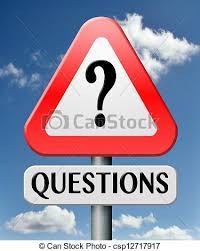
? Is the Library Learning Commons open at locker break or lunch?
• The Library Learning Commons is closed during locker break on Monday through Friday.The LLC is open during the second half of lunch for study, school work and social interaction. Special activities and clubs are offered for students to sign up for and participate in.
? Can I eat and drink in the library?
• Only water is allowed in the Library. Please leave all other drinks at the desk. No food allowed!
? How do I get a library card?
• You have access to the library as a student, you do not need a card.
? How many books can I borrow?
• Five items, not including textbooks.
? When do I bring the books back?
• Books are due in 3 weeks, magazines 1 week
? Can I renew my books?
• Yes, books can be renewed once. You don’t need the book with you to renew it.
? What happens if my book is overdue?
• There is no charge, but you will get verbal and written notices to return the item.
? Can I take out something else if I have an overdue book?
• No, unless you require something for an assignment.
? What happens if a book is damaged or lost?
• You are responsible to pay for repair or replacement, as necessary.
? How do I find something I’m looking for?
• By searching the RSF Library catalogue online: https://search.follettsoftware.com/metasearch/ui/135541



